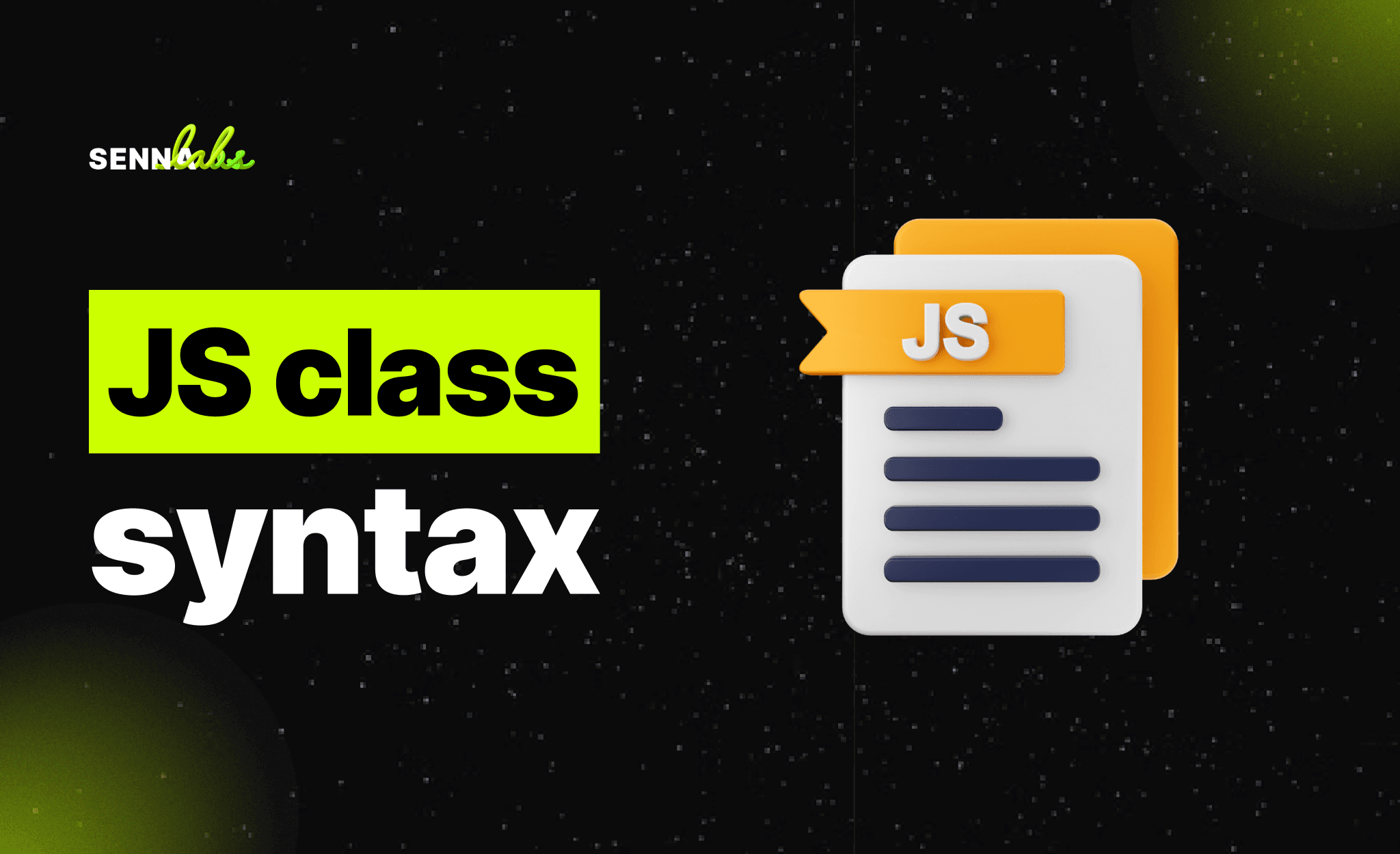Low-Cost Web Application Development for Small Businesses
Share

In the digital age, small businesses need efficient and cost-effective web applications to enhance their operations and customer experience. However, many service-based businesses struggle with the high costs of web development, making it difficult to implement tailored solutions.
A budget-friendly web application, such as an online booking system, helps service providers automate appointment scheduling, manage customer interactions, and reduce administrative workload—all without excessive upfront investment. This article explores affordable web application development strategies, key features of an online booking system, and best practices for keeping development costs low.

Why Small Businesses Need Cost-Effective Web Applications
For service providers such as salons, fitness trainers, healthcare professionals, and consultants, an online booking system simplifies operations by allowing customers to schedule appointments online, receive automated reminders, and manage payments effortlessly.
Key Benefits of a Low-Cost Web Application for Small Businesses:
-
Reduces the need for manual scheduling and phone calls.
-
Enhances customer convenience with self-service booking options.
-
Automates appointment reminders, reducing no-shows.
-
Provides a centralized dashboard to track bookings and customer data.
-
Saves costs by eliminating the need for expensive third-party booking platforms.
By developing a customized yet budget-friendly web application, small businesses can enhance their efficiency and deliver a seamless digital experience to their customers.
Essential Features of an Affordable Online Booking System
A cost-effective web application should include essential yet scalable features to streamline booking management without unnecessary complexity.
1. User-Friendly Scheduling System
-
Allows customers to book, reschedule, or cancel appointments effortlessly.
-
Offers real-time availability updates to prevent double bookings.
2. Automated Notifications & Reminders
-
Sends email and SMS reminders to reduce missed appointments.
-
Notifies businesses of new bookings and cancellations in real time.
3. Secure Online Payments & Invoicing
-
Integrates with Stripe, PayPal, or Square for secure transactions.
-
Automates invoice generation and payment confirmations.
4. Customer Management Dashboard
-
Stores customer booking history for personalized service.
-
Enables loyalty programs and special promotions for returning clients.
5. Multi-User Access for Business Owners & Staff
-
Allows multiple employees to manage their individual appointment schedules.
-
Includes role-based access control for business security.
6. Mobile & Cross-Platform Compatibility
-
Ensures accessibility via mobile, tablet, and desktop browsers.
-
Offers a responsive and user-friendly interface for all devices.
7. Integration with External Platforms
-
Connects with Google Calendar, Zoom, WhatsApp, and social media for enhanced usability.
-
Supports third-party CRM tools to streamline customer management.
8. Reporting & Analytics
-
Tracks booking trends, peak appointment times, and customer retention rates.
-
Provides financial insights for revenue tracking and growth analysis.
By incorporating these core functionalities, small businesses can maximize efficiency while keeping costs under control.
How to Develop a Low-Cost Web Application for an Online Booking System
1. Choose a Cost-Effective Development Approach
Building a web application from scratch can be expensive, but leveraging open-source frameworks and pre-built solutions can significantly reduce costs.
-
Use Open-Source Technologies:
-
Backend: Node.js, Django, Laravel
-
Frontend: React.js, Vue.js, Angular
-
Database: PostgreSQL, Firebase, MongoDB
-
Consider Low-Code & No-Code Platforms for Rapid Development:
-
Bubble, Zoho Creator, OutSystems allow non-technical users to build and deploy applications faster.
2. Develop a Minimum Viable Product (MVP)
-
Start with essential features like basic scheduling, customer profiles, and payment integration.
-
Gather early feedback to improve the system before investing in advanced functionalities.
3. Optimize Cloud Hosting & Infrastructure
-
Use affordable cloud hosting services such as AWS, Google Cloud, or DigitalOcean to keep costs low.
-
Implement serverless architecture (e.g., Firebase or AWS Lambda) to reduce infrastructure expenses.
4. Outsource to a Cost-Effective Development Team
-
Hiring freelancers or offshore developers from regions with lower labor costs can reduce expenses.
-
Consider agile development agencies that specialize in budget-friendly solutions.
5. Implement API Integrations Instead of Custom Development
-
Instead of building everything from scratch, integrate third-party APIs for payment processing, calendar syncing, and messaging features.
-
Examples:
-
Google Calendar API for scheduling synchronization.
-
Twilio API for SMS notifications.
-
Stripe API for secure online payments.
6. Focus on Performance & Scalability
-
Optimize database queries and caching to ensure fast load times.
-
Use lightweight UI components to enhance user experience.
By following these steps, small businesses can develop a low-cost yet highly functional online booking system that meets their operational needs.
Challenges in Low-Cost Web Development and How to Overcome Them
1. Budget Constraints & Hidden Costs
Many small businesses underestimate the total cost of maintenance, updates, and security.
Solution: Choose a scalable cloud hosting plan, use open-source tools, and plan for future maintenance.
2. Ensuring Security & Compliance
Handling customer data and payments requires compliance with industry security standards.
Solution: Implement SSL encryption, GDPR compliance, and secure authentication to protect sensitive information.
3. Performance Issues with Low-Cost Solutions
Cheaply built web applications may suffer from slow load times and crashes.
Solution: Optimize the app by reducing unnecessary code, implementing caching strategies, and choosing a reliable hosting provider.
4. User Adoption & Engagement
A low-cost system may lack the engagement features needed to retain users.
Solution: Add personalized notifications, promotions, and loyalty programs to enhance user retention.
Conclusion
Developing an affordable online booking system allows small businesses to streamline scheduling, automate customer interactions, and enhance service efficiency without excessive costs.
By using open-source technologies, low-code platforms, and cloud-based hosting, startups and service providers can create a cost-effective web application that delivers seamless user experiences while optimizing operational costs.
With the right development strategy, secure payment integration, and user-friendly design, businesses can successfully launch a low-cost web application that meets customer expectations and drives long-term growth.

Share

Keep me postedto follow product news, latest in technology, solutions, and updates
Related articles
Explore all


